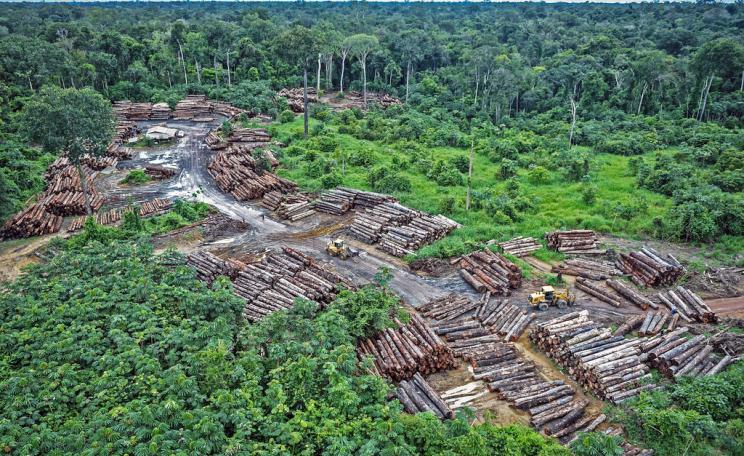.Global momentum is rapidly gathering around closing the current gap in international criminal law.
Emissions are rising year on year, in spite of the 2015 Paris Agreement. The raft of commitments made by governments the world over are too often ignored and the window for keeping the consequences of the climate crisis even partially manageable is rapidly closing.
These consequences are already palpable: severe storms, floods, droughts and forest fires are reported in the newspapers almost every day. We have transgressed six out of nine of the recognised Planetary Boundaries and breached seven out of eight of the safe and just Earth Boundaries.
As hopeful as we were in 2015, we are woefully behind targets set for emission reductions by 2030. Species are disappearing from the face of the Earth at alarming rates. In 2022, a landmark international agreement on biodiversity was made in Montreal to address dangerous loss of biodiversity and restore natural systems.
Ecocide law
The goals are ambitious and necessary, but there is a question mark over whether they will be met. Our track record is not encouraging: none of the previous targets for biodiversity protection were fully met. Clearly, we need to do more than simply agree on targets, but many campaigners appear at a loss to identify a path forward.
There are already numerous international conventions and treaties that deal with environmental issues. Events like the yearly COP gatherings were once treated as exciting opportunities but have proved ineffectual in practice. The systematic violence we are inflicting on our planet and ourselves cannot continue.
One tool that does hold real hope and promise is ecocide law - the establishment of a new internationally recognised crime aimed at preventing and punishing the most serious harms against nature.
Ecocide law gives us the opportunity to bridge the gap between what existing legal instruments can achieve and what the science is telling us must be done. There is now a widespread call for governments to make ecocide an international crime within the jurisdiction of the International Criminal Court (ICC).
.Global momentum is rapidly gathering around closing the current gap in international criminal law.
Global momentum is rapidly gathering around closing the current gap in international criminal law. Just this year, domestic ecocide bills have been proposed or are progressing in Italy, Spain, Belgium, the Netherlands, Scotland, Brazil, and Mexico.
Analysis
Additionally, the European Union recently agreed to create a new offense aimed at criminalising “cases comparable to ecocide” after months of negotiation.
Making ecocide a crime within the jurisdiction of the ICC would contribute to a change of consciousness: a change that enhances the protection of the environment and supports a more collaborative and effective legal framework for our common future on a shared planet. It offers a new and practical legal tool, one that has been developed by a team of internationally recognised legal experts.
Scientific analysis provides a firm foundation for arguing that this amendment would be crucial for achieving the Paris Agreement as well as supporting an economy within Planetary Boundaries and protecting human rights.
Only by imposing significant criminal sanctions on those who damage our planet can we begin to prevent the catastrophe they are on their way to causing. The stakes could not be higher.
These Authors
Professor Kristin Vala Ragnarsdóttir is a professor of Earth Sciences at the University of Iceland, a member of the Club of Rome and Academia Europaea. Professor Eleanor Sharpston KC is Goodhart Professor of Legal Sciences at the University of Cambridge (2023-2024), and former advocate general at the Court of Justice of the European Union (2006-2020).




